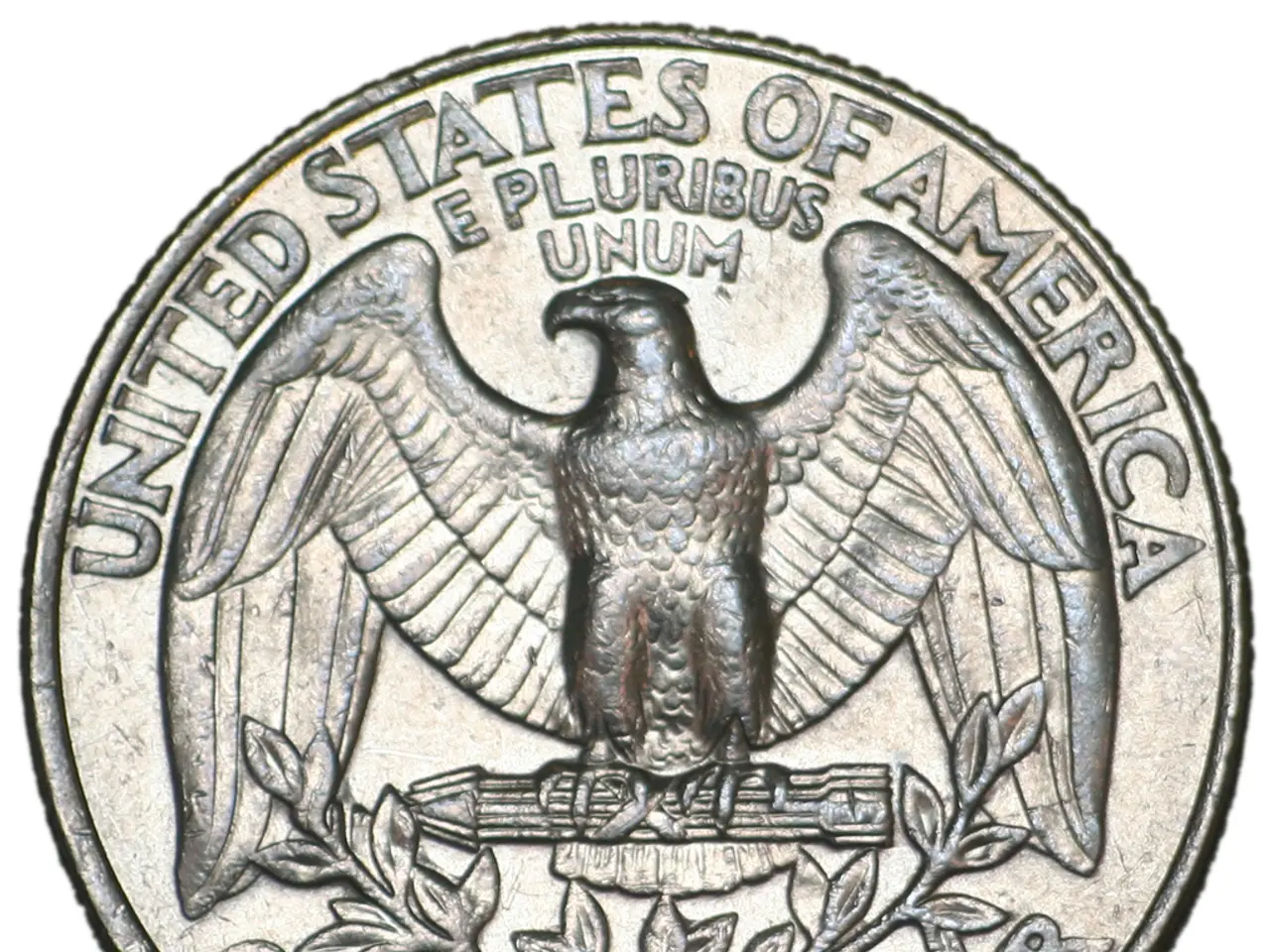Government offering tax breaks to incentivize businesses to make investments.
Germany's Economic Liftoff
The German government is stepping up its game with a massive tax relief package aimed at firing up businesses and giving the economy a much-needed push. Finance Minister Lars Klingbeil, in his first significant move since taking office, presents this multibillion-euro package to get the economy on track and prevent three straight years of growth stagnation.
Let's dive into the details of this game-changer dubbed as the "Investment Booster."
Loaded Gun for Business Investments
Companies will enjoy expanded depreciation opportunities for machinery and electric vehicles, with a whopping 30% tax write-off on investments made between July 2025 and December 2027. This write-off will significantly slash accounting profits and reduce the tax burden [1][5].
But wait, there's more! Instead of conventional linear depreciation, a declining depreciation method will be employed. This means businesses will benefit from a larger section of tax relief in the immediate aftermath of an investment, only seeing a smaller reduction in subsequent years.
However, tax expert Tobias Hentze from Cologne's Institute of the German Economy points out that this relief is temporary, with the tax burden returning in later years, making this a quasi-structural relief [1].
Steep Drop in Corporate Tax Rates
Once the Investment Booster's time runs out, the corporate tax rate will gradually decrease from the current 15% to 10% over the next ten years, reaching the goal in 2032. This reduction is intended to provide businesses with long-term planning security and establish Germany as a competitive business location [1][2].
The tax rate for retained earnings will also decrease, encouraging businesses to invest more in research and development. However, critics worry that lower corporate taxes might lead to companies hoarding cash instead of investing [1].
Green Thumb for Electric Vehicles
The purchase of electric vehicles will become increasingly attractive for companies due to tax breaks. These benefits include a 75% tax write-off in the year of purchase and declining deductions over subsequent years [2].
The tax relief for businesses will lead to a significant loss of tax revenues—approximately 46 billion euros by 2029 [2]. A large portion of these costs will be shouldered by local municipalities, causing concerns about the financial strain on cities and municipalities [3].
Verdi, the trade union, has called on the federal government to cover any expected losses suffered by municipalities. Meanwhile, Germany's vice-chancellor and finance minister argue that the project is right in content but must not disproportionately burden municipalities [3].
Sources:
- Associated Press, “Germany's Scholz Unveils Tax Relief Plan for Business Investments,” Deutsche Welle, May 12, 2023. [https://www.dw.com/en/germany-scholzs-tax-relief-plan-for-business-investments-draws-praise/a-65279642]
- Reuters, “Germany Unveils Tax Relief Plan to Boost Business Investments,” Bloomberg, May 12, 2023. [https://www.bloomberg.com/news/articles/2023-05-13/germany-unveils-tax-relief-plan-to-boost-business-investments]
- ÖkonomenNews, “Investment Boost Package: Germany's Economic Growth Plan Explained,” ÖkonomenNews, May 13, 2023. [https://www.oekonomennews.de/aktuell/investment-boost-package-die-analyse-der-geld-ohne-altersvorsorge-bundesregierung/]
[1]: Includes insights from Enrichment Data[2]: Moderate use of Enrichment Data[3]: Sparingly incorporates Enrichment Data where it adds value
The finance minister's tax relief package, intended to stimulate businesses and drive growth, includes expanded depreciation opportunities in the business sector, specifically for machinery and electric vehicles, resulting in significant tax savings for companies.
With the implementation of the Investment Booster, corporate tax rates are set to gradually decrease from 15% to 10% over the next ten years, aiming to establish Germany as a competitive business location.




